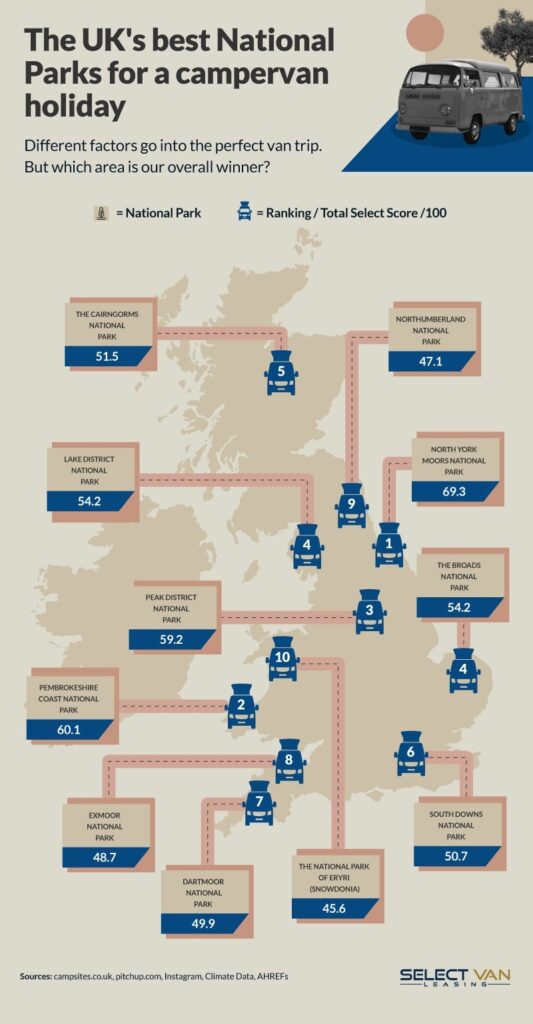Dan Cartwright has over 12 years of experience in the caravan and motorhome industry. He is a judge for a number of prestigious leisure vehicle awards and regularly heads off in his motorhome with his family. Every week, Dan shares his insights with the community. Here’s what he has to say this week.
Recently, I had the privilege of being a driving judge at the Caravan and Motorhome Club’s annual Towcar of the Year (TCOY) competition.
For those unaware, car manufacturers submit their latest towing vehicles and judges are given a week at the Millbrook Proving Ground in Bedfordshire to assess how well they tow caravans.
All of the caravans are fully scrutineered and weighted according to the manufacturer guidelines, before being put through testing on a hill route, high-speed bowl, zero-to-60 straight and general driving conditions.
This is all with the aim of simulating a variety of driving conditions, including winding country roads with tight hairpins, steep slopes up to a 26 per cent gradient, hill starts, motorway driving and low-speed manoeuvring.
My job, as a driving judge, is to fairly assess how each car behaves under the same pressures and conditions. Every year, I find myself amazed by the variety of submissions, how good these cars are at towing and, also, my inability to predict which ones will perform best or worst.
Forget the brand, fuel type, engine size or body shape – some cars simply tow better than others. But for anyone about to head off on a summer staycation, there’s one thing that I’ve noticed that makes the towing experience much better. Put your car in sports mode!
How does sports mode help with towing?
When I’m touring with my family, the second I press the sports mode button, my wife tuts, gives me a specific look and reminds me there are children in the car. However, I believe it’s a safer option whilst towing and here’s why.
When you activate sports mode, it stiffens your car’s suspension and tends to keep the revs in the engine slightly higher, giving you a better throttle response. But why is that important?
Imagine you’re approaching a tight bend in a winding country road. As you turn the wheels of your car, centrifugal force makes the outside half of your vehicle heavier, compressing the suspension on that side.
As you begin to move around the corner, your caravan is still travelling in a straight line behind you. To change that direction, a certain level of force is required and it needs to be applied by your towcar. Otherwise, your leisure vehicle will continue its original trajectory, causing instability, or even an accident.
Pressing the sports mode button will tighten your car’s suspension, meaning less body roll and improved traction. A faster throttle response will allow you to gently accelerate to change the direction of your caravan. Ultimately, this means that your car is driving the caravan, as opposed to your caravan pushing the car.
Which cars work best for towing?
SUVs tend to have larger suspension travel to facilitate off-road driving. Often, it’s quite soft for comfortable road driving, which prevents you from feeling the impact of potholes and bumps in the road.
When cornering in a standard suspension setting, SUVs generally have a lot more body roll than other types of vehicles, like estate cars or hatchbacks. This exacerbates that hideous feeling during the apex of a tight corner, making the throttle response more important than ever.
There were a number of SUVs tested at the TCOY awards this year, where sports mode made the world of difference. This is especially true for automatic vehicles, where there can be a delay of a few milliseconds between pressing the accelerator and applying more speed to the wheels – although it often feels more like an eternity.
So, when towing a caravan, particularly with an SUV, please show your touring partner my article, press the sports mode button and drive along to the picture of a chequered flag.
Photo credit: Engin Akyurt / Pexels







